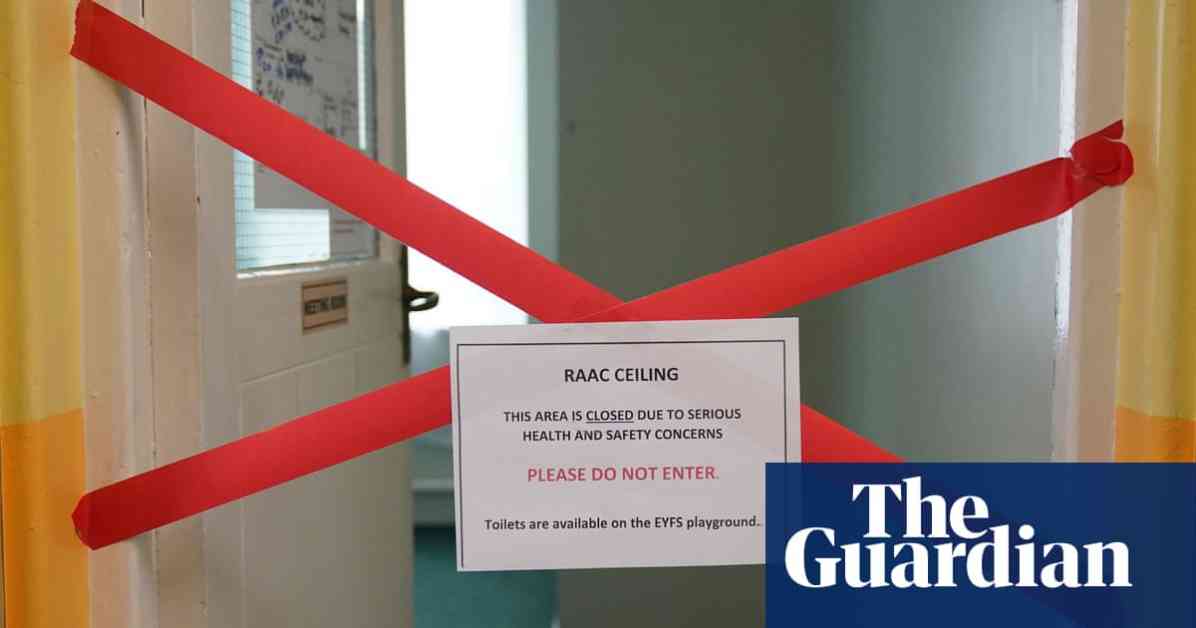Schools in England are set to receive a significant increase in funding, with a focus on supporting children with special educational needs. However, experts are warning that the additional billions allocated may not be enough to address the long-standing issues stemming from years of underinvestment.
Chancellor Rachel Reeves announced a £6.7bn capital investment for the upcoming year, representing a 19% real-terms increase from the previous year. This includes £1.4bn for school rebuilding projects, £2.1bn for school repairs, and £15m for new nurseries in primary schools.
While school leaders welcomed the £2.3bn increase in core funding, including a much-needed boost for special needs education, experts caution that the funds may primarily be used to cover existing deficits. Luke Sibieta from the Institute for Fiscal Studies noted that the additional money is likely to be quickly absorbed by rising costs.
Jon Andrews from the Education Policy Institute highlighted systemic issues that still need to be addressed, especially concerning the special educational needs system, which he described as being in a “perilous” state. Similarly, Daniel Kebede from the National Education Union emphasized that the funding allocated falls short of addressing the significant cuts to school capital funding over the past decade.
Paul Whiteman of the NAHT school leaders’ union acknowledged the positive step but stressed the need for further ambition and investment in the upcoming spending review. Meanwhile, Julia Harnden from the Association of School and College Leaders expressed concerns about the state of post-16 funding and the government’s focus on skills development.
In addition to school funding, the government confirmed plans to implement VAT on private school fees and remove business rates relief. While these policies are expected to generate revenue, concerns have been raised about their impact on military families. The government has pledged to increase the continuity of education allowance to support service families with fees.
Despite speculation about potential increases in tuition fees for universities, the higher education sector did not receive significant support in the latest budget. Jo Grady from the University and College Union highlighted the challenges facing universities, particularly with the impending rise in employer national insurance contributions.
Overall, while the additional funding for schools in England is a step in the right direction, experts and education leaders are calling for a more comprehensive approach to address the ongoing issues within the education system. The upcoming spending review will be crucial in determining the level of ambition and investment needed to ensure the long-term sustainability of schools and educational institutions in the country.


